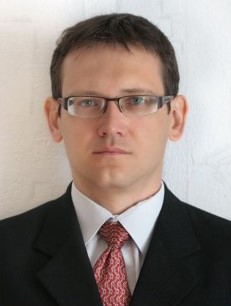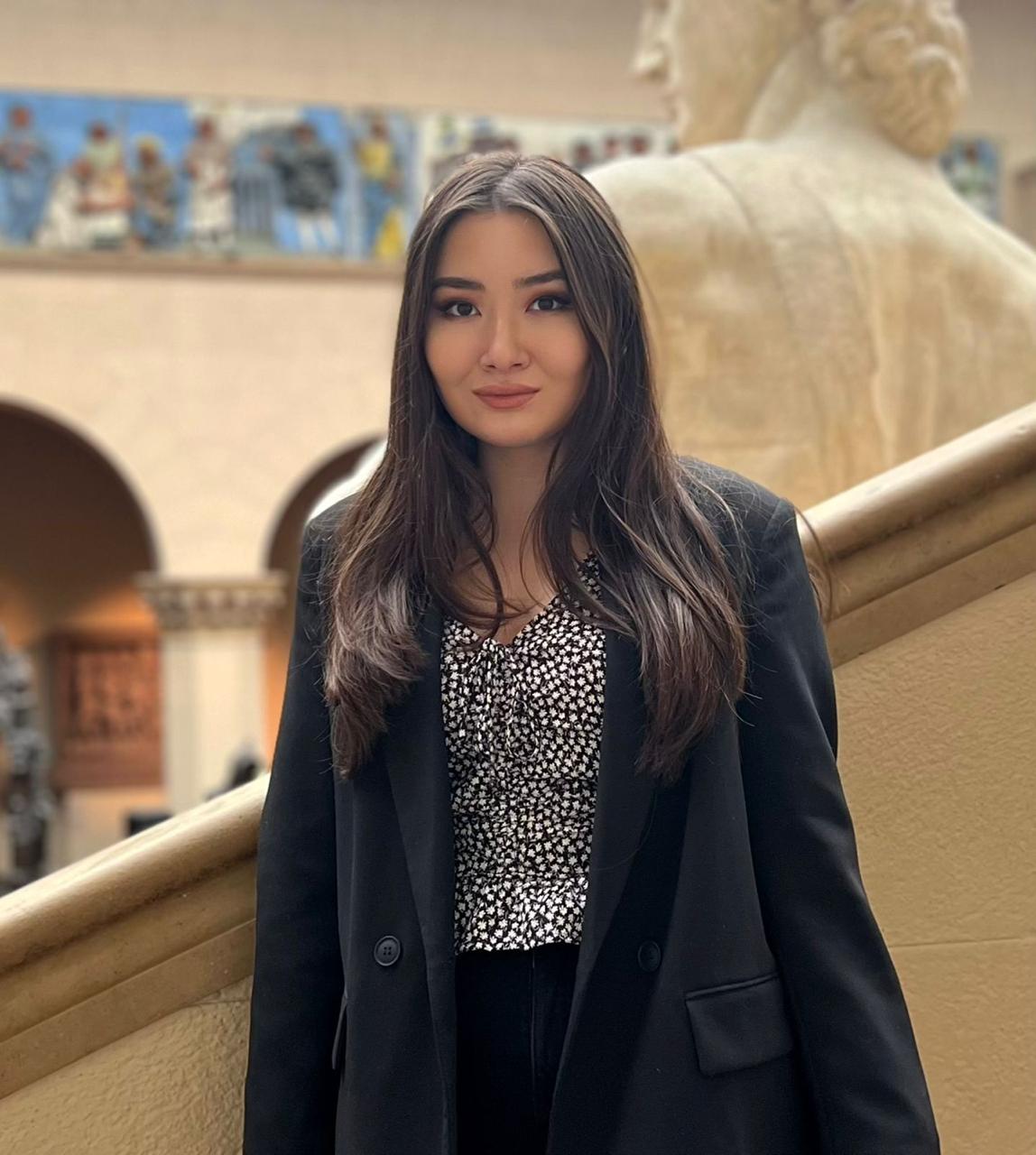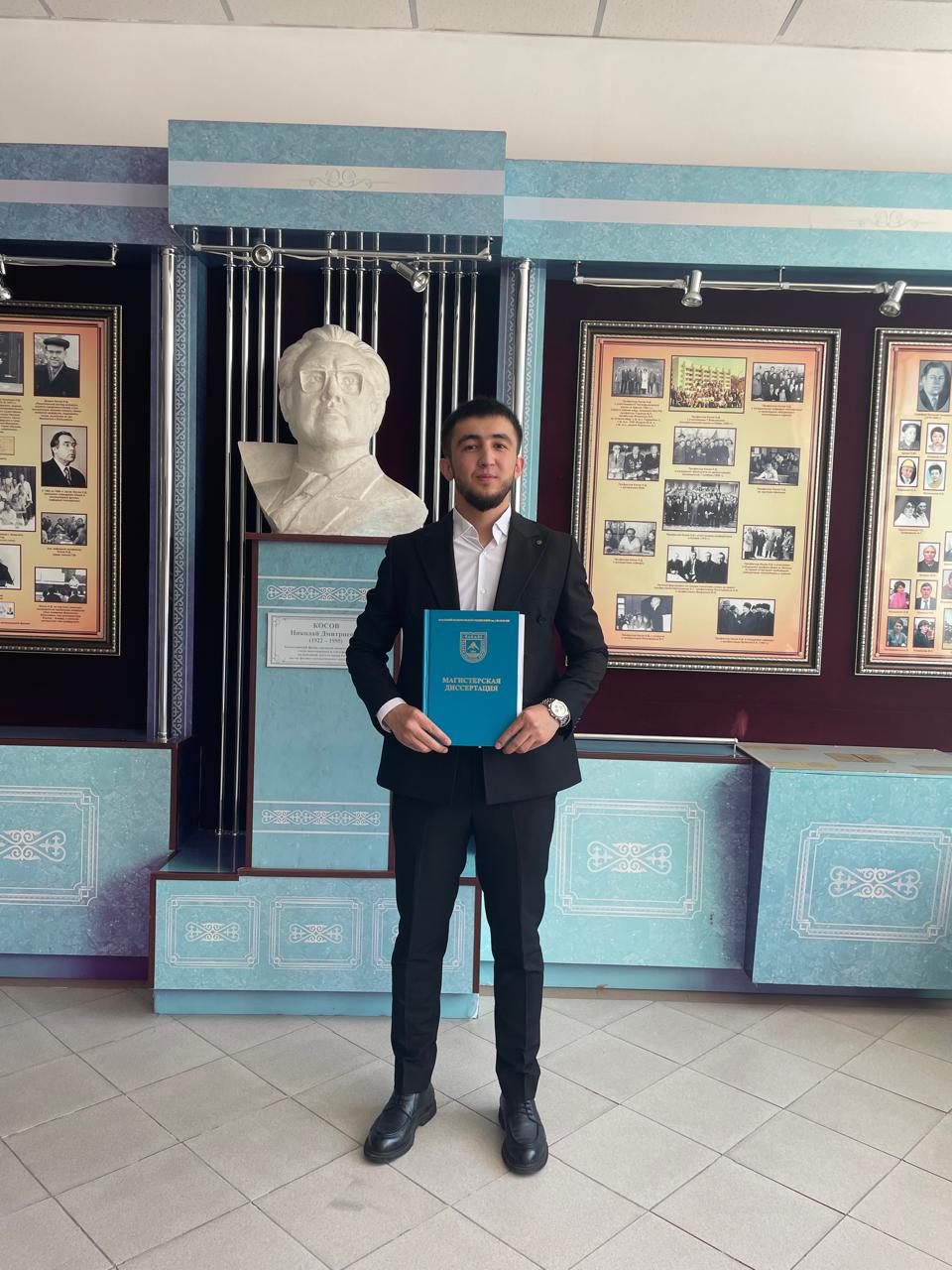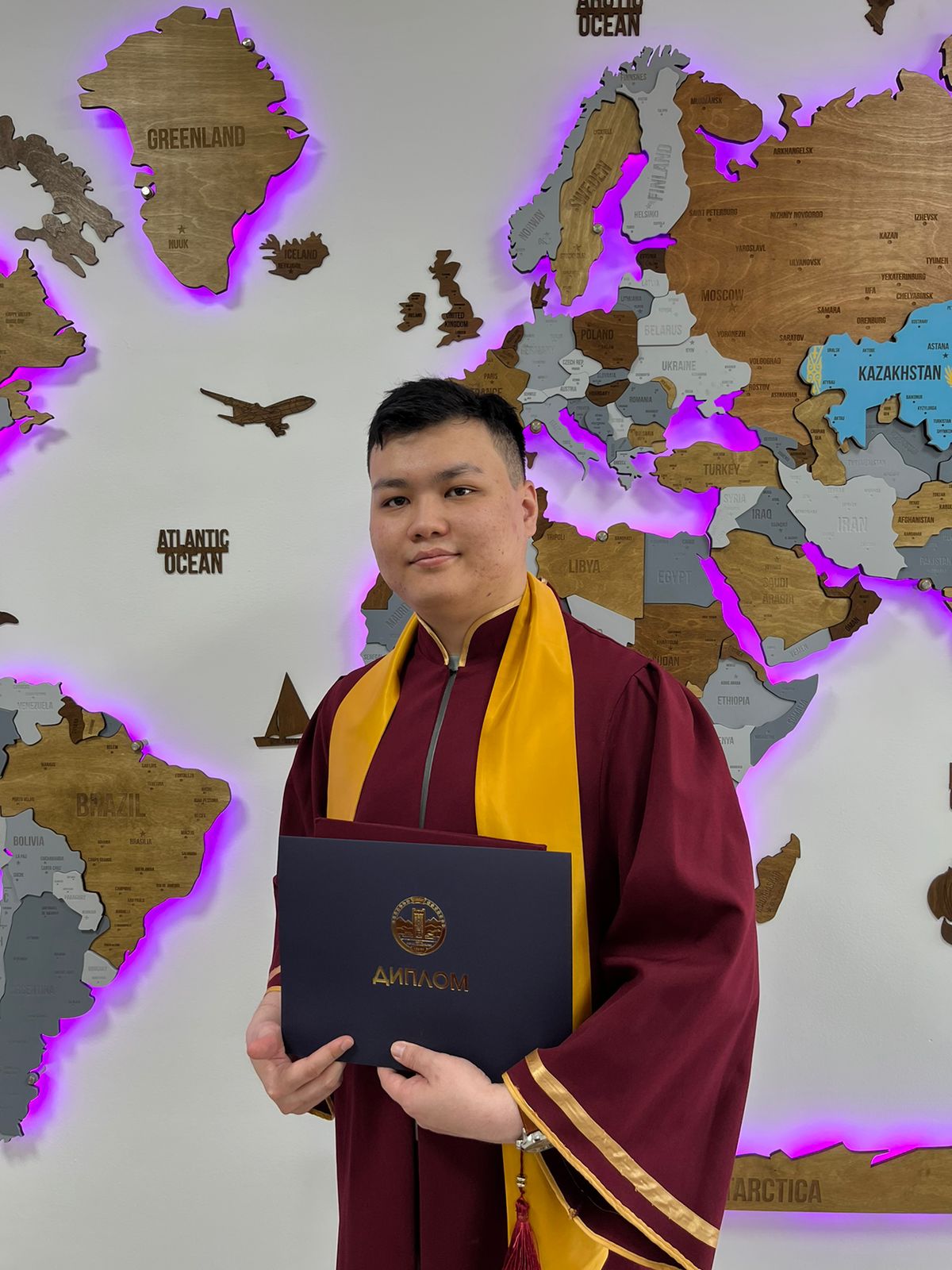
Professor I.E. Digel is the recipient of the Named Scholarship of the First President of the Republic of Kazakhstan (1995-1998), the Government of the Republic of Kazakhstan Prize for the Best Diploma Thesis (1995), and the DAAD Scholarship of Germany for Young Scientists (2003). He is listed in the "Who is Who in Science and Technology" bulletin (2007-2012) and "Who is Who in Medicine and Healthcare" (2009-2012). He is a citizen of Germany. Ilya Digel was born on May 11, 1973, in Zhambyl. After graduating from high school with a gold medal in 1990, he enrolled in the Biological Faculty of al-Farabi Kazakh National University and graduated with honors. I.E. Digel began his professional career as a laboratory assistant at the Department of Microbiology of the Biological Faculty of al-Farabi Kazakh National University (1993-1996). From 1995 to 1998, he pursued his Ph.D. studies at al-Farabi Kazakh National University and successfully defended his dissertation on the topic "Influence of transition metal salts and water-soluble polymers on the adhesion of microbial cells to solid surfaces" in 1998. From 1994 to 1998, I.E. Digel worked as a junior and senior researcher at the Institute of Microbiology and Virology of the National Academy of Sciences of the Republic of Kazakhstan. From 1998 to 1999, he worked as a senior researcher at the Information and Analytical Center of the Ministry of Ecology and Geology of the Republic of Kazakhstan, and from 1999 to 2002, he served as a production manager at Extrapress GmbH in Almaty. From 1999 to 2002, he worked as a senior librarian and later as deputy director for information technology at the National Agricultural Library of the Republic of Kazakhstan. After moving to Germany, he worked as a senior researcher, laboratory head, and assistant professor at the Faculty of Medical Technology and Technomathematics (Fachbereich Medizintechnik und Technomathematik) at FH Aachen, Campus Jülich. Since 2005, he has been working at the Freshman Institute FH Aachen, Campus Jülich. Professor I.E. Digel has made a significant contribution to research on the use of transition metals and water-soluble polymers as modulators of yeast cell adhesion to solid surfaces, the development of solid-phase modifications of ELISA for the diagnosis of viral antigens, and the antimicrobial action of plasma-cluster ions. His works on the effects of pulsating electromagnetic fields on the polymerization of collagen, elastin, and proteoglycan components of the extracellular matrix, the use of laser light scattering techniques to study the interaction of endotoxins with various plasma proteins, and the effects of exposure to ultra-low doses of lead on the bacterial status of the intestines are widely known. The main areas of scientific activity of Professor I.E. Digel in Germany include research on the adsorption of bacterial endotoxins on nanostructured carbonized materials, biophysical aspects of combating plant viroid diseases, molecular biophysics of thermoreception and signaling molecules, in-situ decontamination of equipment for space and glacial research, as well as phenomena of structure formation in aqueous solutions, hydrogels, and surfaces of the dispersed phase. Professor I.E. Digel successfully combines his scientific work with pedagogical activities. Within the framework of the educational process at the FH Aachen University of Applied Sciences, he teaches courses in bachelor's and master's programs such as "Radiation Methods in Medical Diagnostics," "Bionics and Biomimetics," "Cellular and Molecular Biophysics," "Physics," among others. Ilya Edgarovich Digel is the author of more than 100 scientific articles, monographs, and books. Since 2007, he has been a member of the editorial boards of the journals Annals of Biomedical Engineering and Open Journal of Bioinformatics. He has supervised 2 PhD students. Professor I.E. Digel actively collaborates with al-Farabi Kazakh National University.
Other news


